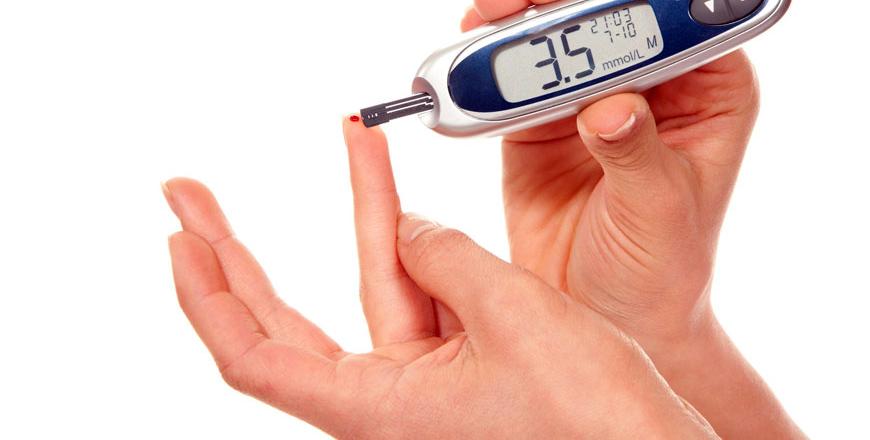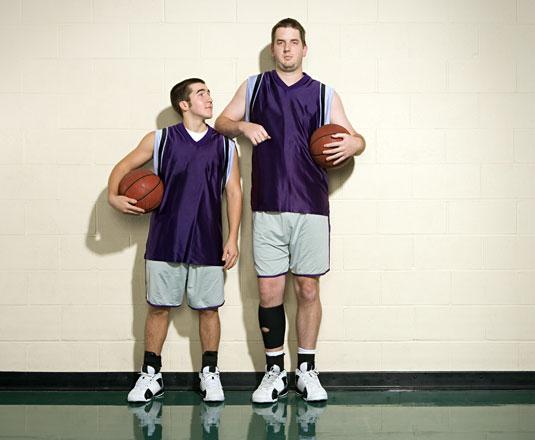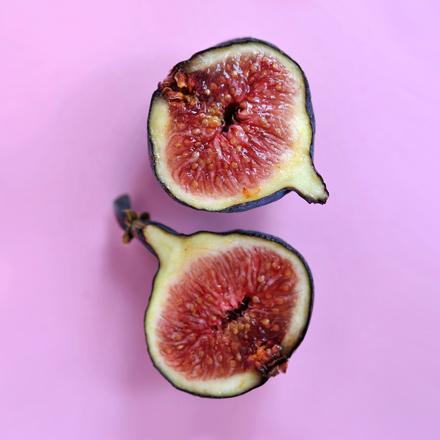You are here
No more insulin — diabetic woman benefits from cell transplant
Sep 16,2015 - Last updated at Sep 16,2015

Photo courtesy of nutraingredients-usa.com
Miami Herald (TNS)
MIAMI — After living with Type 1 diabetes for more than two decades, Wendy Peacock was used to the constant daily juggling act of monitoring her blood sugar, taking insulin and paying attention to everything she ate.
But in recent weeks she was able to stop taking her insulin after doctors transplanted new cells in her as part of a clinical trial at the Diabetes Research Institute (DRI) at UHealth — University of Miami Health System.
“To think I can go to sleep at night and not worry that my blood sugar is going to drop it’s almost like a weight has been lifted,” Peacock said during a news conference, where doctors shared her success story.
For those who have Type 1 diabetes, the body’s immune system destroys cells that make insulin, the hormone needed to regulate blood sugar. About 1.25 million Americans have Type 1 diabetes, including 200,000 youth. Those with the disease must take insulin either through multiple injections a day or continuously with a pump. They must measure their blood-glucose levels by pricking their fingers multiple times a day.
Researchers are examining a new transplant technique for islet cells, which are clusters of thousands of cells in the pancreas that produce insulin to regulate the body’s blood sugar. Physicians implanted islet cells within a biodegradable scaffold on the omentum, an apron-like lining covering the abdominal organs, to determine whether it were a more viable location than the liver, where many of the implanted cells do not survive.
Doctors transplanted the cells during a laparoscopic procedure at Jackson Memorial Hospital on August 18. The FDA-approved study is a step towards the development of the DRI BioHub, a bioengineered mini organ that will mimic the pancreas to restore natural insulin production in people with Type 1 diabetes.
Since the transplant, Peacock’s glucose levels have remained at a healthy level, and she was taken off insulin and has no dietary restrictions.
“She is like a nondiabetic person but requires anti-rejection drugs,” said Dr Camillo Ricordi, director of the Diabetes Research Institute. “When you can do it without anti-suppression, then it’s a cure.”
Peacock said that she has not experienced side effects as a result of the drugs.
So is she going to eat ice cream now?
“I’ve been following a certain diet for 26 years,” said Peacock, 43. “I don’t know if I will have ice cream.”
In the past, diabetes ruled Peacock’s life. A legal consultant, Peacock lives with her 5-year-old son and her parents in San Antonio.
“It’s a constant juggling act,” she said. “It is always there. I just lived with it constantly.”
Peacock said that when her blood sugar would drop, it would make her feel like she was living in a fog and would make it difficult to process and think logically. Peacock developed a condition in which she could no longer tell whether her blood sugar was dropping — a dangerous situation.
In February 2014, Peacock came to Miami to get tested for the clinical trial and found that she was eligible. On August 16, she flew to Miami with her father and was admitted to Jackson for the surgery.
“From then on it has been a whirlwind,” she said. “I was of course scared, excited and hopeful.”
Peacock plans to return to San Antonio later this month, where she will resume her life — minus insulin. That will make her daily life much easier, she said. She will no longer need her mental checklist that revolves around measuring her blood sugar. For example, if she wants to go for a run, she can just put on her sneakers and go without figuring out if she has to eat first.
Ricordi transplanted the cells in collaboration with Dr Rodolfo Alejandro, an endocrinologist and director of the DRI Clinical Cell Transplant Programme; Dr Gaetano Ciancio, a UHealth surgeon and director of Urologic Transplant Surgery; and Dr Jose Martinez, a laparoscopic surgeon at Jackson. The team collaborates with other doctors worldwide and hopes to do 20 to 30 more of these transplants within the next year, including a few at Jackson.
Ricordi told the Miami Herald last year that within three to seven years there will be a cure for Type 1 patients.
“It’s not a prediction — it’s a promise that I make to patients. We will defeat this disease for sure,” Ricordi told the Herald in November. “Depending on how many obstacles we hit, and regulatory complexities and cost, it could take more than 10 years, depending, but we’re getting there.”
Related Articles
AMMAN — As World Diabetes Day draws near, nutritionists share recommendations and best practices for preventing and managing diabetes.
PARIS — Shorter people are at greater risk of developing type 2 diabetes, according to a study published on Tuesday. Each additional 10
People with diabetes who take soluble fibre supplements have slightly lower blood sugar levels than diabetics who do not add this type of fi














